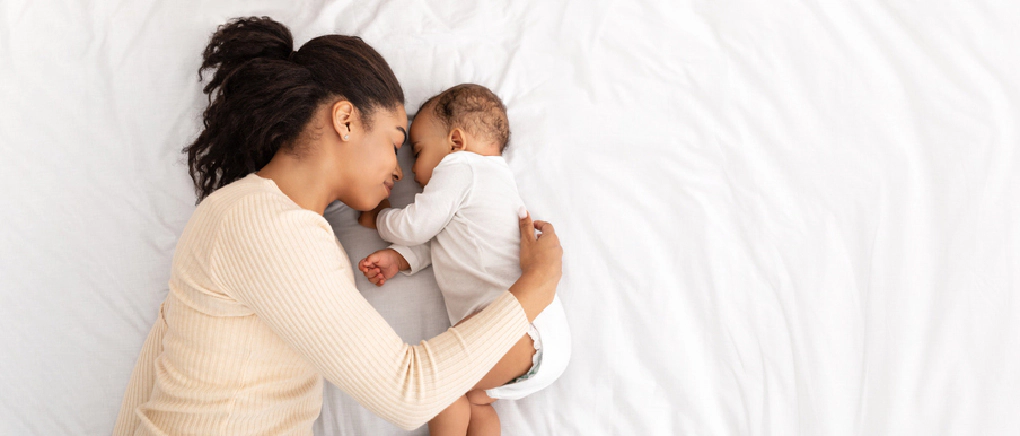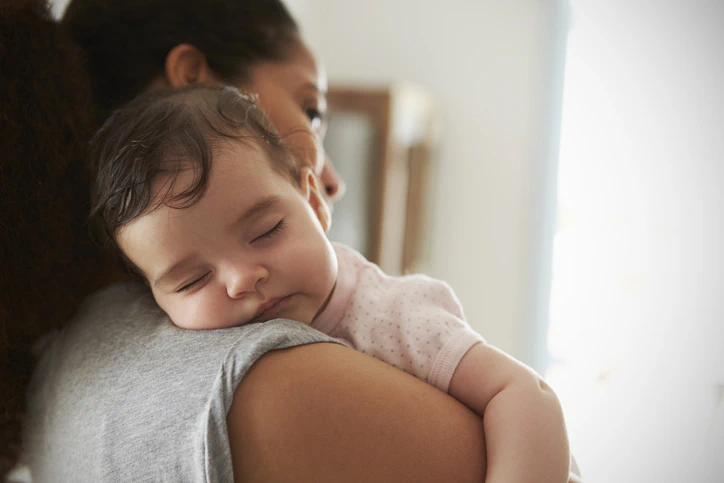
5 Simple Tips for Ensuring a Successful and Enjoyable Playdate
Let’s talk about the top rules of etiquette for parents planning playdates for their children!
Working families know how …

As a new parent, it can be overwhelming trying to navigate the world of parenthood. There are so many questions that you may have, and it can be difficult to know where to turn for answers.
The best way to care for a newborn is to keep them clean, warm, and fed. This means changing their diapers frequently, dressing them in appropriate clothing for the weather, and feeding them on demand.
A baby who is getting enough to eat will have frequent wet and dirty diapers, will be gaining weight, and will be alert and active. If you have concerns about your baby’s feeding, talk to your doctor or a lactation consultant.
Most babies are ready to start introducing solid foods at around 6 months of age. It’s important to talk to your doctor before starting solids, as every baby is different.
Some common signs of illness in babies include fever, vomiting, diarrhea, and a lack of appetite. If you notice any of these symptoms, or if your baby is showing other signs of being unwell, it’s important to talk to your doctor.
Crying is a normal part of a baby’s development, and it can be frustrating for parents. Some ways to try and soothe a crying baby include rocking them, singing to them, or giving them a pacifier. If your baby is inconsolable, it’s important to check for any possible causes of their distress, such as hunger or discomfort.

Establishing a bedtime routine can be helpful for getting your baby to sleep. This might include giving them a bath, reading a book, and singing a lullaby. It’s also important to create a safe and comfortable sleep environment for your baby, with a firm mattress and a room temperature that is not too hot or too cold.
The easiest way to check for a fever in a baby is to use a digital thermometer. A fever is typically defined as a body temperature of 100.4°F (38°C) or higher. If your baby has a fever, it’s important to talk to your doctor.
Burping your baby can help to relieve gas and prevent them from spitting up. To burp your baby, hold them upright against your shoulder and gently pat or rub their back. You can also try placing them across your lap and gently patting their back.
Vitamin D is important for a baby’s growth and development, and the main source of vitamin D for infants is exposure to sunlight. If your baby is not getting enough sunlight, or if you are concerned about their vitamin D levels, talk to your doctor about supplementing their diet.
It’s generally safe to take your baby out in public as soon as they are born. However, it’s important to avoid crowded places and to make sure that your baby is properly protected from the elements. Always consult with your doctor before taking your baby out in public, especially if they were born prematurely or have any underlying health conditions.
By understanding the answers to the top ten questions new parents ask, you can feel more confident and prepared as you navigate the world of parenthood. Remember to always consult with your doctor if you have any concerns about your baby’s health or well-being.

Let’s talk about the top rules of etiquette for parents planning playdates for their children!
Working families know how …

National Working Parents Day is a holiday to celebrate parents who manage a delicate work-life balance, raising children …